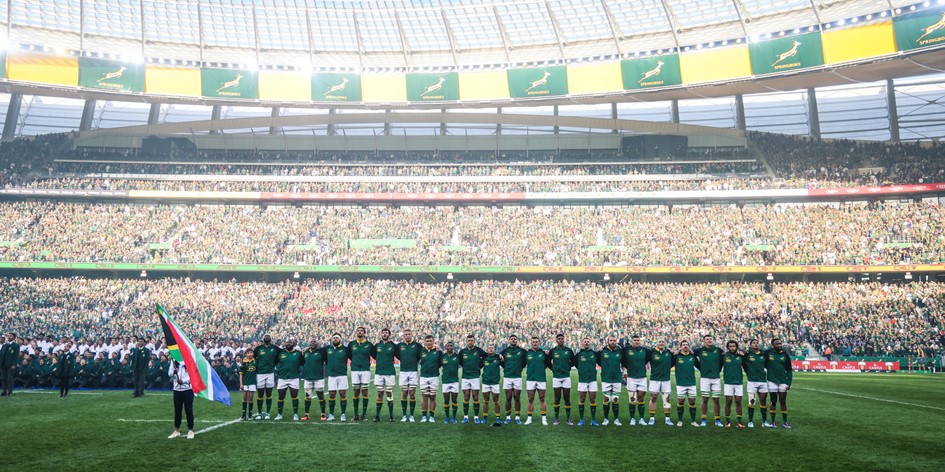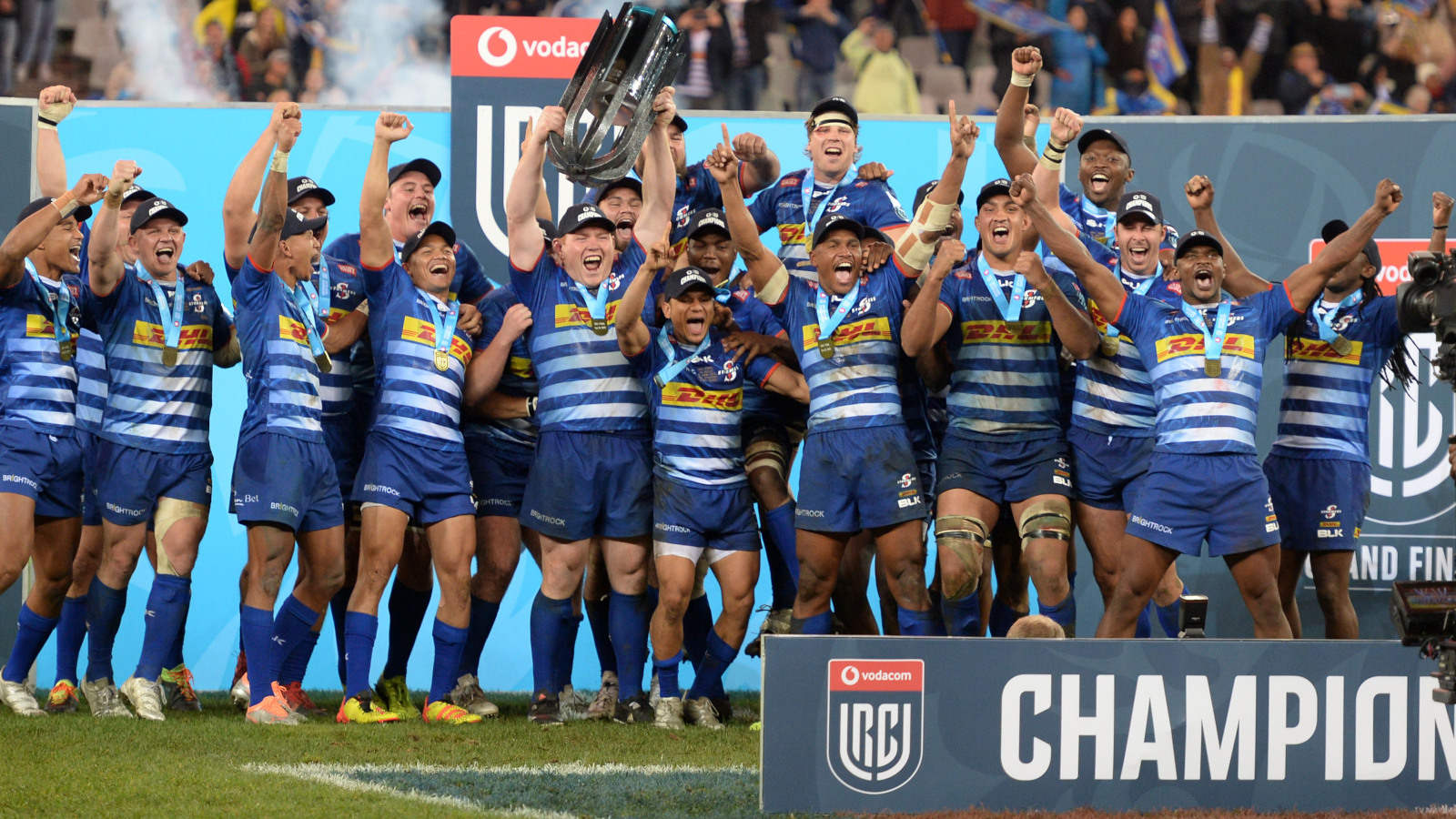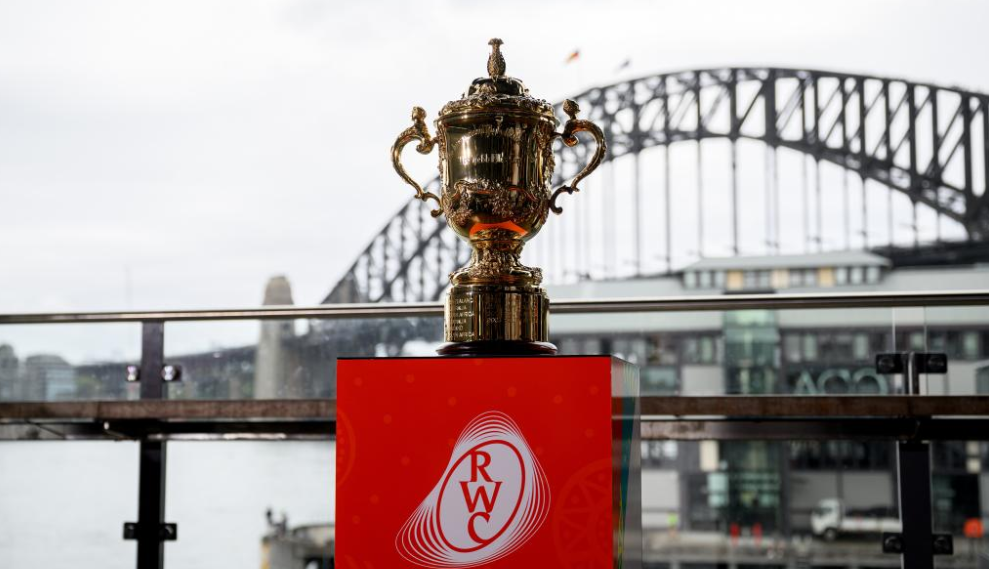When the Springboks take on the Barbarians at DHL Stadium in Cape Town on Saturday, 28 June, it marks not just the start of their 2025 season—it’s a strategic test-bed for head coach Rassie Erasmus. The match, now officially dubbed the Qatar Airways Cup, is more than a festive clash; it’s a vital data point in the Springboks’ long-term 2027 World Cup roadmap.
1. Immediate Intensity to Launch a Gruelling Year
Rassie has curated one of the most loaded seasons since 2007, with up to 15 Tests scheduled in 2025. Beginning the campaign with a high-calibre match sharpens focus. As he put it: “Training helps, but nothing replaces real match intensity”. The Barbarians game is that match—competitive yet exploratory, putting players into battle readiness.
2. Evaluating New Faces and Uncapped Talent
Erasmus has called up a 54-man squad featuring nine uncapped players, including Varsity Cup speedster Ntokozo Makhaza and URC standouts like Ethan Hooker and Vincent Tshituka. The Barbarians match provides a pressure yet forgiving environment to see if these newcomers can transition to international demands. Makhaza’s inclusion signals Erasmus’s intent to fast-track talent from non‑professional tiers .
3. Blending Structure with Flair
Barbarians are famed for their free-flowing, off‑the‑cuff rugby, and Rassie knows this unique challenge will strip away predictability. It’s a chance to test whether the Springbok squad can retain structure while embracing creativity. Erasmus is deliberately checking whether his traditionally structured defence can adapt amid chao .
4. Leadership Testing and Succession Planning
Leading a 54‑man group across a packed summer demands more than a single captain. With veterans like Siya Kolisi and aging stalwarts approaching World Cup twilight, Erasmus is eyeing leadership depth. He’s likely to test captains-in-waiting—perhaps Wiese, Du Toit, or another experienced campaigner—to observe their performance in fluid scenarios.
5. Form and Fitness Over Name Recognition
Erasmus is unwavering: form and merit will drive selection. As he said in March, “If a guy is still the best in his position he will stay”—regardless of age. The Barbarians fixture offers a live thermometer for current form, giving fringe players a shot to usurp established names.
6. Building Combo Chemistry
With vacancies in key positions—due to injury absences from players like Trevor Nyakane and Frans Malherbe, and rotation of overseas-based stars—Erasmus will field fresh pairings in combinations across the park. He’ll be watching centre‑half cohesion, back‑row dynamics, and 9‑10 communication under real-game tempo.
7. Momentum Leverage before Incoming Series
With Italy and Georgia Tests looming in early July, Erasmus wants “momentum as the season progresses,” and sees this fixture as the trigger . This start gives the Springboks a psychological edge and tactical clarity heading into official series.
What to Look Out For on 28 June
- Starters vs. Natives: Will Erasmus go bold with overseas stars early, or will he favour local-based players to manage workload?
- Game Plan Hybrid: Watch the balance—when do the Boks drop ball into hands, and when do they revert to their trademark kicking and forwards dominance?
- Captain’s Composure: Who wears the armband, and how do they steer the team when the Baabaas run riot?
- Newcomer Impact: Pay attention to the nine uncapped—how they handle set-pieces, late-line decisions, and high-pressure breakdowns.
- Defensive Resilience: Against a fluid, unpredictable barbarians offense, who holds shape under duress?
Final Word
Come 28 June at DHL Stadium, Erasmus won’t be looking for flashy highlights or crowd-pleasing plays—he’ll be gathering intelligence. This won’t be just a tune-up; it’s a data collection exercise. Every offload, every communication breakdown, or new successful combo feeds into his 2027 canvas.
The physical battle at Cape Town sets the tone, but the real victory is insight. This match tells the Springboks who’s ready, who’s reliable, and who can carry the brand into the next era. The tries will thrill—Erasmus will monitor the metrics.




